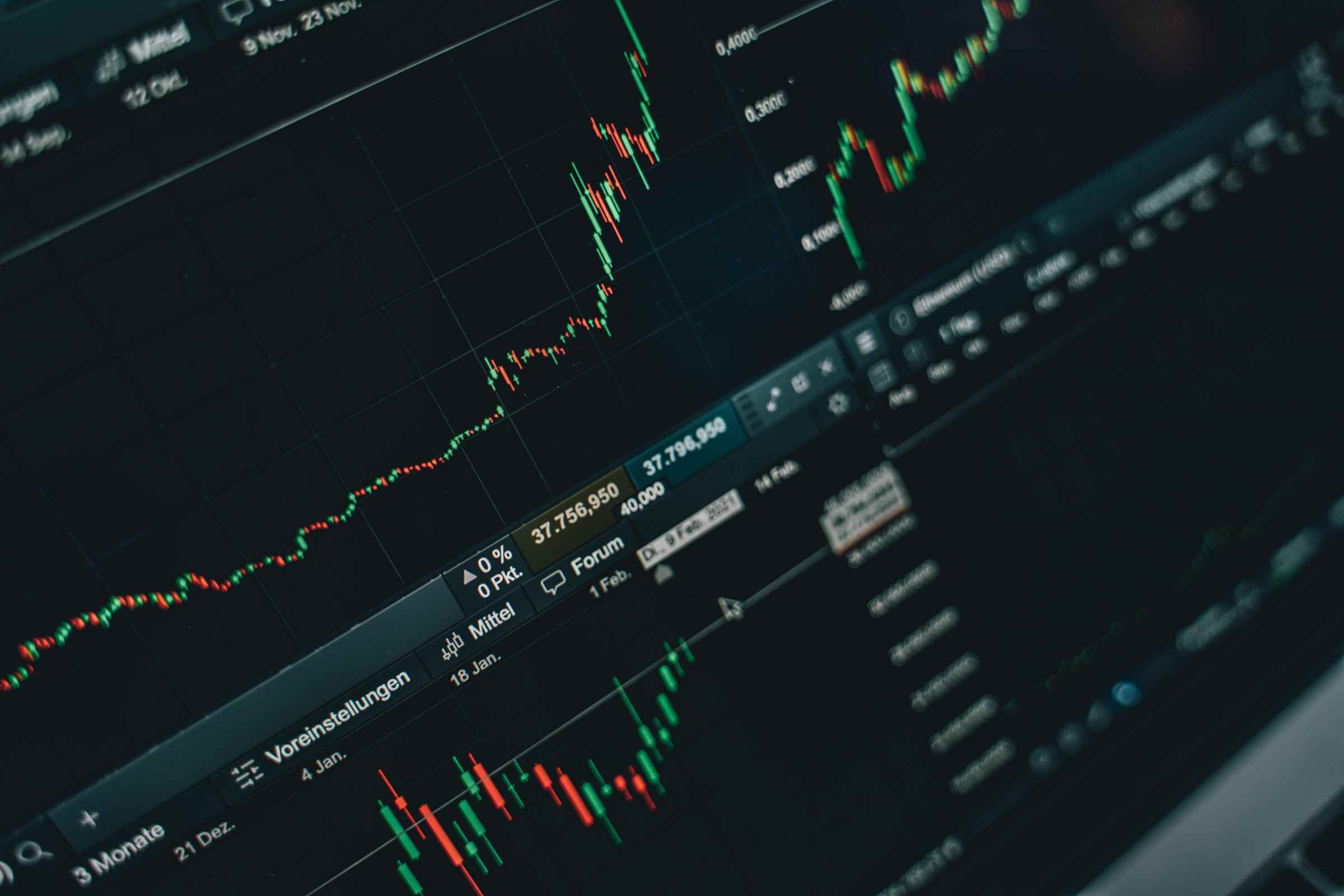In the tumultuous world of financial markets, volatility is a constant companion. It’s the wild swings in prices, the sudden shifts in sentiment, and the unpredictable nature of market movements that keep traders on their toes. In such an environment, having a trusted ally by your side can make all the difference.

This is where trading brokers step in, offering a suite of services and support to help traders navigate the choppy waters of market volatility.
Understanding Market Volatility
Market volatility refers to the degree of variation in trading prices over time. It is often measured by metrics such as standard deviation or beta, which quantify the extent of price fluctuations.
Volatility can arise from various factors, including economic data releases, geopolitical events, changes in investor sentiment, and shifts in supply and demand dynamics.
There are different types of market volatility, each with its own characteristics. Historical volatility looks at past price movements to gauge future volatility levels, while implied volatility is derived from options pricing and reflects market expectations of future price swings.
Also Read: Cryptocurrency Trading; is it Worth Investing?
The Role of Trading Brokers
Trading brokers serve as intermediaries between traders and the financial markets. They provide access to trading platforms, execute buy and sell orders on behalf of clients, and offer a range of services to help traders navigate volatile market conditions.
One of the key roles of trading brokers is to provide traders with timely market analysis and insights. This can include research reports, technical analysis, and market commentary, which help traders make informed trading decisions in volatile markets.
Additionally, forex trading brokers typically offer risk management tools and strategies to help traders mitigate the impact of market volatility on their portfolios. This can include stop-loss orders, hedging instruments, and portfolio diversification techniques.
Services Offered by Trading Brokers
Trading brokers offer a wide range of services to cater to the diverse needs of traders. These services may include:
- Execution speed and reliability: Trading brokers provide fast and efficient order execution, ensuring that trades are executed at the best available prices.
- Access to research and analysis tools: Brokers offer access to a variety of research and analysis tools, including charting software, technical indicators, and economic calendars.
- Risk management strategies: Brokers help traders implement risk management strategies to protect their portfolios from adverse market movements.
- Educational resources: Many brokers offer educational resources such as webinars, tutorials, and trading guides to help traders improve their skills and knowledge.
Leveraging Technology to Navigate Volatility
Technology plays a crucial role in modern trading, especially during volatile market conditions. Trading brokers leverage advanced trading platforms and algorithms to execute trades quickly and efficiently, minimizing slippage and maximizing returns.
These platforms often include features such as real-time market data, customizable trading interfaces, and automated trading strategies. Algorithmic trading, in particular, has become increasingly popular among traders looking to capitalize on short-term price movements in volatile markets.
Choosing the Right Broker for Volatile Markets
When selecting a trading broker, it’s essential to consider factors such as reliability, security, and the range of services offered. Traders should look for brokers with a proven track record of reliability and integrity, as well as robust risk management protocols to protect client funds.
Additionally, traders should assess the broker’s trading platform and technology infrastructure to ensure it can handle high levels of volatility and market activity. It’s also important to consider the broker’s pricing structure, including commissions, spreads, and other fees, as these can impact trading costs, especially during volatile market conditions.
Risk Management Strategies
Effective risk management is essential for navigating volatile markets and preserving capital. Trading brokers offer a range of risk management tools and strategies to help traders manage their exposure to market volatility.
These may include:
- Stop-loss orders: Automatically close out a trade if it reaches a certain price level, limiting potential losses.
- Hedging instruments: Use derivatives such as options and futures to offset the risk of adverse price movements in the underlying asset.
- Portfolio diversification: Spread investments across different asset classes and markets to reduce overall risk exposure.
By implementing these risk management strategies, traders can minimize the impact of market volatility on their portfolios and protect their capital against unexpected market movements.
Building a Long-Term Relationship with Your Broker
Establishing a long-term relationship with a trading broker can provide numerous benefits for traders. A trusted broker can offer ongoing support, guidance, and personalized service to help traders achieve their financial goals over time.
Traders should communicate openly with their broker, discussing their trading objectives, risk tolerance, and investment horizon. By working closely with their broker, traders can develop a customized trading strategy tailored to their individual needs and preferences.
Maintaining regular contact with your broker is also essential for staying informed about market developments, changes in trading conditions, and new opportunities that may arise. By building a strong relationship based on trust and communication, traders can maximize their chances of success in volatile markets.
Also Read: 4 Mistakes Which Beginners do in Crypto Trading
Conclusion
In conclusion, navigating market volatility can be challenging, but with the help of a trusted trading broker, traders can effectively manage risk and seize opportunities in turbulent markets.
By offering a range of services, technology, and support, trading brokers play a crucial role in empowering traders to navigate the ups and downs of the financial markets with confidence and success.
Leave a Reply